It’s great to be able to start the year off on a positive note. The weather has been largely dry for over a week now and the land is drying out.
It actually always amazes me how quickly land dries out once you get to the other side of Christmas. So much so that ten days ago you couldn’t drive the tractor across the fields but yesterday we had a fencing contractor in doing work and made very little muck in the process.
The ewes are all housed now, bar the ewe lambs. I just put a round feeder and hay out with them this morning, and they will be scanned this week.
Problems with lambing
We could house them but it would mean the ewes being overstocked in the sheds. This can lead to its own problems in the run-up to lambing, such as keeping straw dry, fighting for feed space and mis-mothering issues.
All the double and triplet bearing ewes are on .5kg of a 16% nut from our local mill McCauley’s. We have been using their sheep nut for over 30 years and it always seems to work for us.
Once ewes start lambing they will be put onto an 18%+ magnesium and hay/silage will be offered sparingly.
We find here that once they start to lamb, the nuts are nearly enough for them and by reducing hay/silage intake it results in very little prolapse. Single bearing ewes are on ad-lib silage only and they will not receive any nuts.
Crutched and vaccinated
Most of the ewes have now been crutched and vaccinated with Covexin 10. We started crutching ewes pre-lambing about 15 years ago.
We find it does a fantastic job and is well worth the effort and time involved. It saves so much time doing it now, instead of in May or June. Apart from the dirt, it’s upsetting lambs at a time when you just want them to be lying out in the field under the sun putting on flesh.
Crutching them also leaves lambing time much easier as you can spot lambing problems very easily and it leaves the job of assisting at lambing much cleaner.
A Ritchie “combi clamp” was purchased about 12 years ago which takes the backache out of working with ewes and it takes all the physical manhandling of ewes out of the equation.
I am not into promoting any product over another, but for anyone with a lot of sheep a combi clamp is well worth looking into. Its initial price may sound dear, but 12 years later it’s the cheapest thing we ever bought.
Read more
Farmer writes: tackling the parasite problem
Farmer writes: where is best for bulls?
It’s great to be able to start the year off on a positive note. The weather has been largely dry for over a week now and the land is drying out.
It actually always amazes me how quickly land dries out once you get to the other side of Christmas. So much so that ten days ago you couldn’t drive the tractor across the fields but yesterday we had a fencing contractor in doing work and made very little muck in the process.
The ewes are all housed now, bar the ewe lambs. I just put a round feeder and hay out with them this morning, and they will be scanned this week.
Problems with lambing
We could house them but it would mean the ewes being overstocked in the sheds. This can lead to its own problems in the run-up to lambing, such as keeping straw dry, fighting for feed space and mis-mothering issues.
All the double and triplet bearing ewes are on .5kg of a 16% nut from our local mill McCauley’s. We have been using their sheep nut for over 30 years and it always seems to work for us.
Once ewes start lambing they will be put onto an 18%+ magnesium and hay/silage will be offered sparingly.
We find here that once they start to lamb, the nuts are nearly enough for them and by reducing hay/silage intake it results in very little prolapse. Single bearing ewes are on ad-lib silage only and they will not receive any nuts.
Crutched and vaccinated
Most of the ewes have now been crutched and vaccinated with Covexin 10. We started crutching ewes pre-lambing about 15 years ago.
We find it does a fantastic job and is well worth the effort and time involved. It saves so much time doing it now, instead of in May or June. Apart from the dirt, it’s upsetting lambs at a time when you just want them to be lying out in the field under the sun putting on flesh.
Crutching them also leaves lambing time much easier as you can spot lambing problems very easily and it leaves the job of assisting at lambing much cleaner.
A Ritchie “combi clamp” was purchased about 12 years ago which takes the backache out of working with ewes and it takes all the physical manhandling of ewes out of the equation.
I am not into promoting any product over another, but for anyone with a lot of sheep a combi clamp is well worth looking into. Its initial price may sound dear, but 12 years later it’s the cheapest thing we ever bought.
Read more
Farmer writes: tackling the parasite problem
Farmer writes: where is best for bulls?




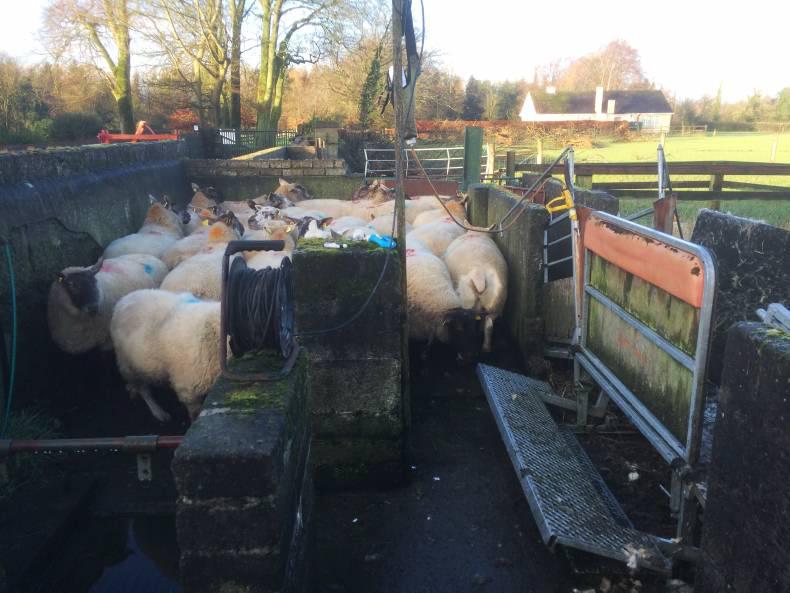
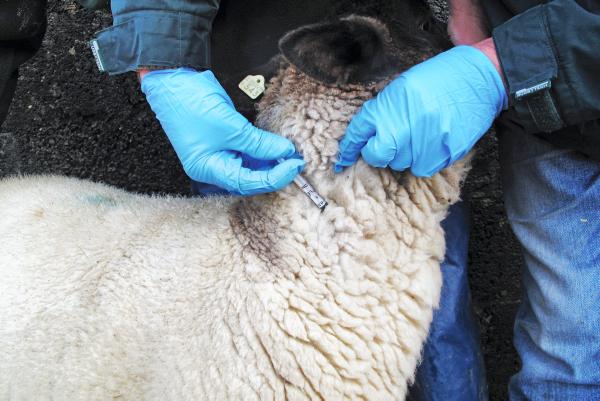

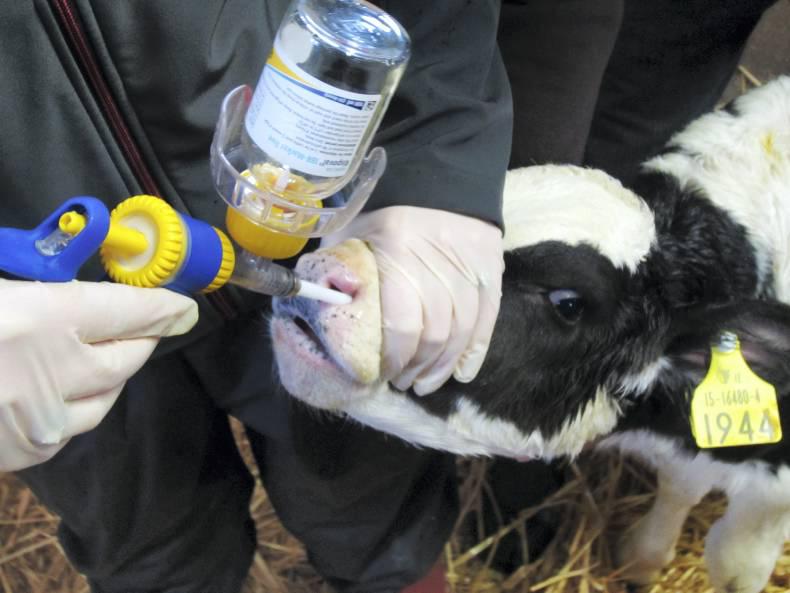
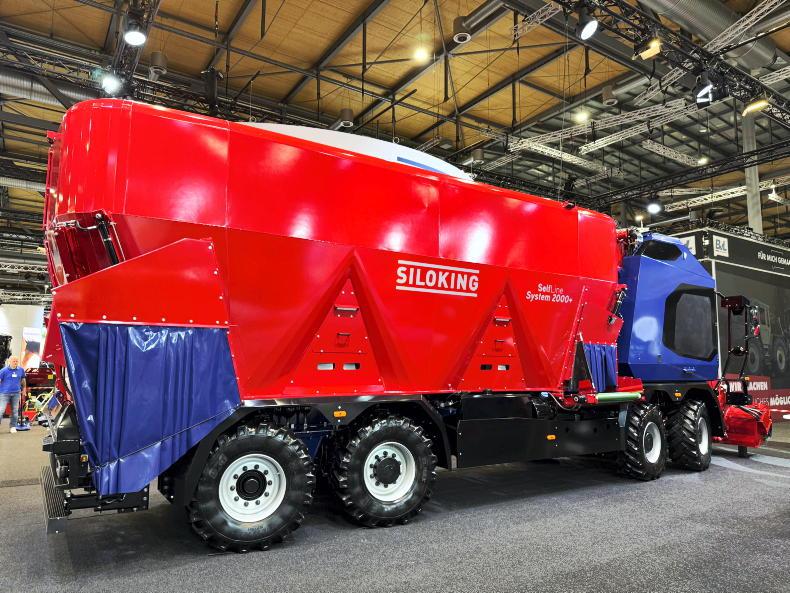
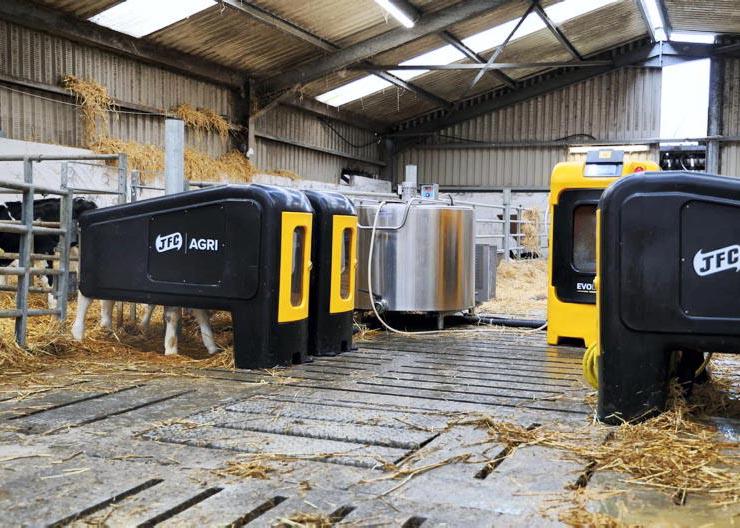
SHARING OPTIONS